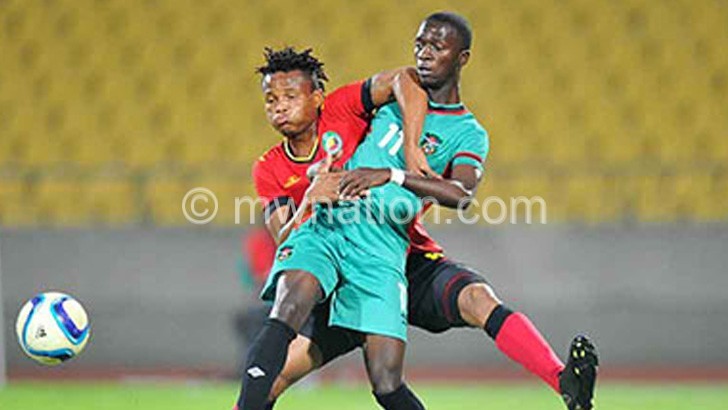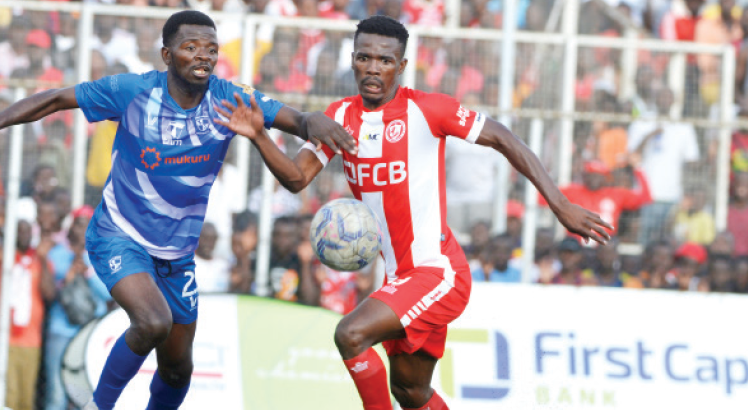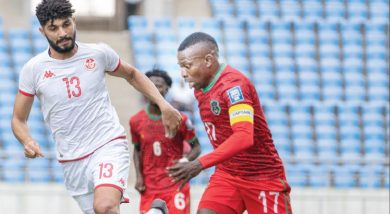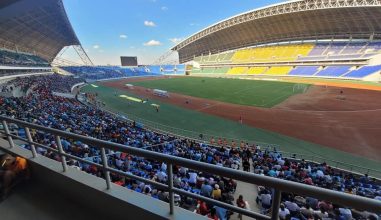Comesa probes CAF over TV rights deals
Common Market for Eastern and Southern Africa (Comesa) is investigating alleged unfair trade practices in marketing and media rights of football tournaments between Confederation of African Football (CAF) and Lagardère Sports S.A.S.
CAF is accused of awarding the media and marketing rights as a bundled package to the French firm for excessive duration without a transparent and objective process, contrary to Article 22 of the Comesa Competition Regulations.
The probe comes following CAF’s awarding of Lagardère Sports S.A.S exclusive rights of Africa Cup of Nations, African Nations Championship and Champions League from 2017 to 2028 (20 years).
CAF and Lagardère Sports S.A.S. had previously entered into a similar agreement for exclusive rights of the tournaments from 2008 to 2016.
A statement from Comesa reads: “The commission is aware of the cultural importance and popularity of football events in the region and in particular, the CAF tournaments. The aim of the investigation is to ensure that competition in the commercialisation and award of media and marketing rights for African football tournaments is not undermined as a result of anti-competitive practices from market operators and that football fans can benefit from better and more coverage of the games and affordable viewing options.”
The bone of contention in the rights issue comes following CAF’s decision to introduce centralised media and television rights in 2006. Following the changes, CAF handles all rights and shares the proceeds with affiliates at the end of the competitions.
Lagardère Sports S.A.S, formerly Sport5, has dominated the marketing and media rights ever since the system was introduced.
Complainants, who took the matter to Comesa, allege that the sale of the media and marketing rights as a bundle prevents the participation of more companies.
“They argued that bundling of the rights makes bidding too expensive and hence participation in the process only remains to big companies with huge financial resources.
“The complainants observed that most companies in Comesa are small and medium, hence they fail to effectively participate in the bids as a result of bundling,” reads the statement.
But FAM commercial director Limbani Matola said the association has no problem with the bundling of the media and marketing rights.
He said: “As CAF affiliate, they asked us if they can handle the marketing and media rights on our behalf and we accepted. If you look at our bargaining power, we benefit from the bundling system that CAF uses unlike if we were to do it on our own. If you compare us with other countries such as Cameroon, South Africa, Egypt, I don’t think we can bargain for the rights on the same level.”
However, former Football Association of Malawi (FAM) general secretary Suzgo Nyirenda, who is now Council of Southern Africa Football Associations (Cosafa) deputy chief executive officer responsible for competitions, said the centralised system is unfair to other stakeholders.
He said: “The main problem is that since all rights are centralised, it has an effect. For instance, the Afcon qualifier between Malawi and Africa champions Cameroon can fetch over $300 000 in TV rights alone if FAM sells the rights. But because of CAF’s system, FAM may get as little as $120 000. Since CAF handles everything, there is no bargaining power with the television stations.
“But when you do it alone, you can bargain and gain more. The centralised system is only efficient when you fail to find a buyer of the rights. CAF system uses average receipts, so, you are bound to get something from nothing. In other words, it helps smaller associations but big ones lose out a lot.”
He said lack of transparency and abnormal length of the terms brings suspicion.





